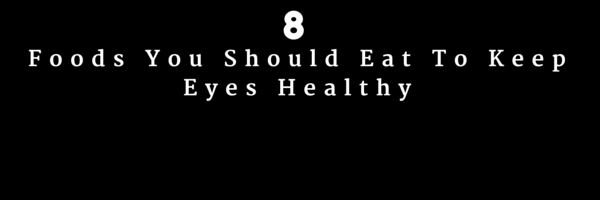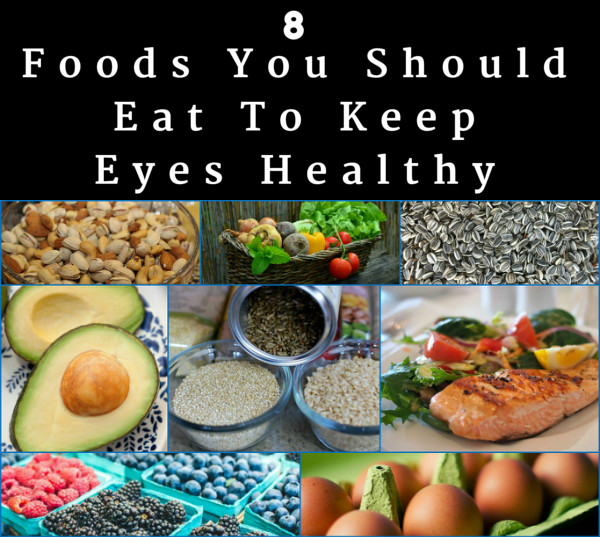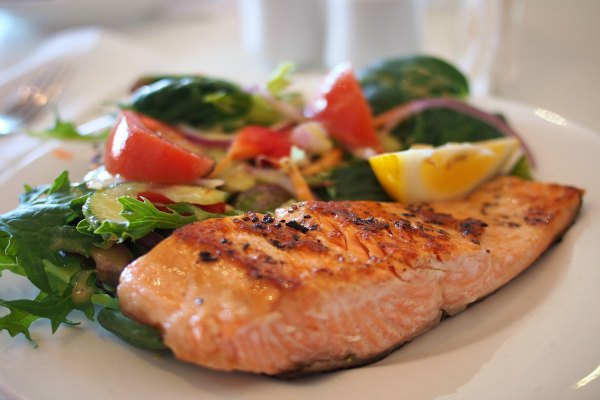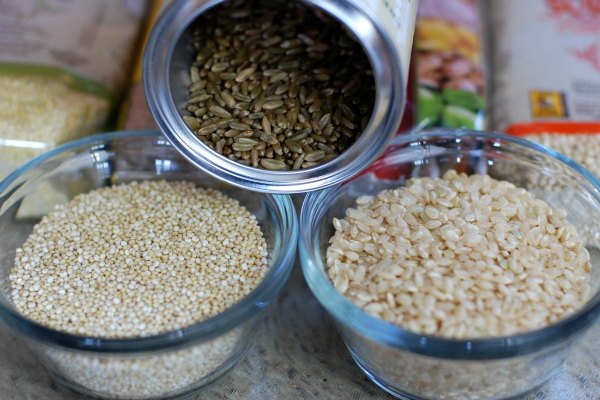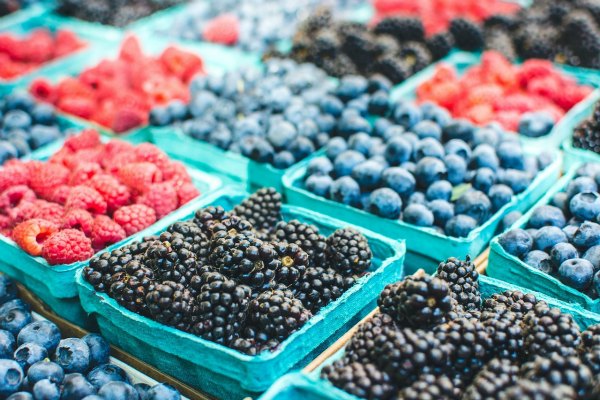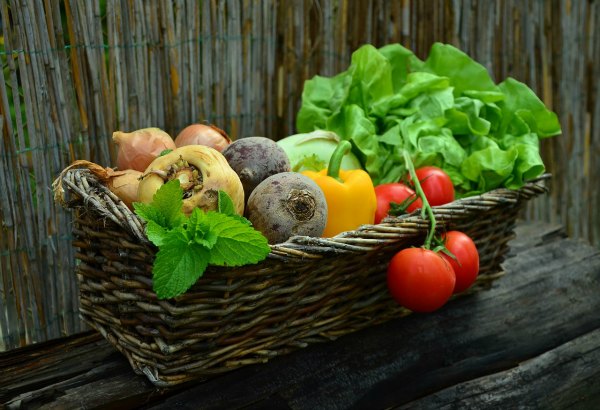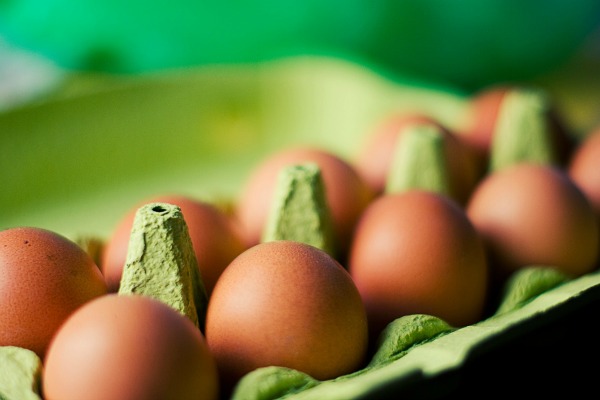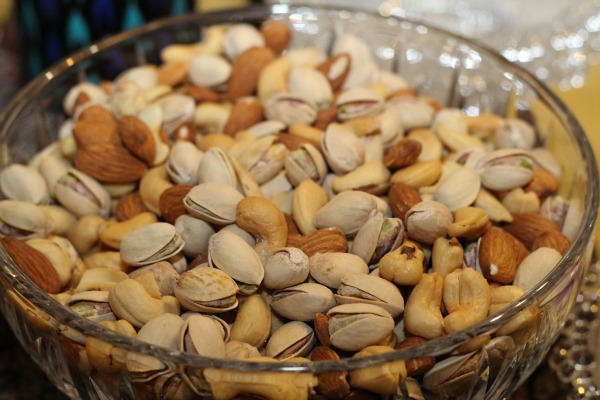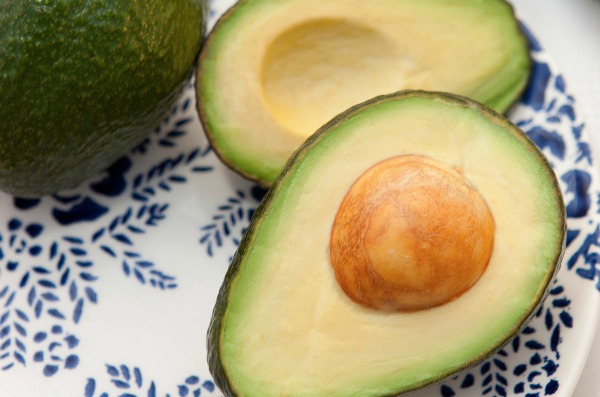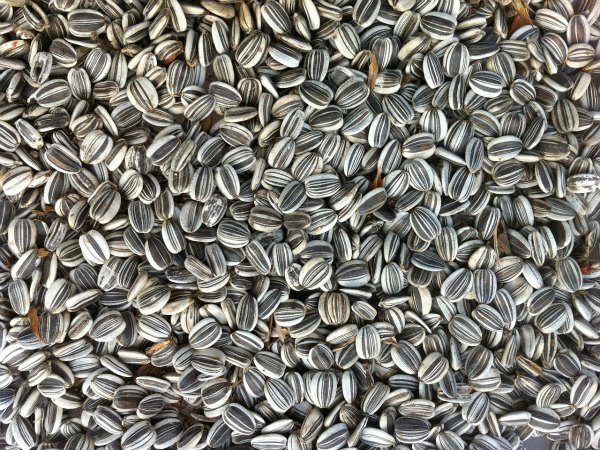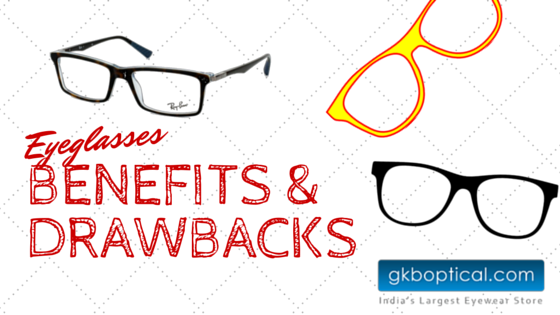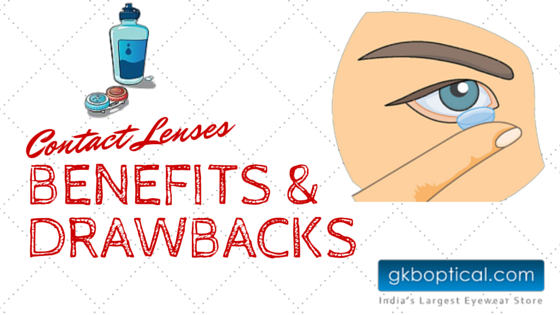Food is a basic requirement for human beings and it’s necessary that people understand and eat proper foods to maintain their bodily functions. The foods that are good for our health includes nutrients and minerals that help our body replenish it and boost eye health. For better eye health, it’s necessary to protect against eye problems that can cause sight loss. Here are a few foods that are known to improve eyesight.
Foods You Should Include In Your Diet For Better Eyesight
Fish:
Fish, especially cold water fish like Sardines, Salmon, Mackerel, Tuna and many other cold water fish are known to contain high amounts of Omega 3 Fatty Acids. Essential fatty acids in fish help protect the eyes from high eye pressure and glaucoma. Also, the Omega 3 fatty acids may help protect eyes from dry eye syndrome and macular degeneration. If you don’t eat seafood, try Flaxseed oil or black currant seed oil supplements.
Whole Grains:
A diet with lots of Whole Grains like Quinoa, Brown rice, oats (whole) etc can help eyesight. Foods like whole wheat breads and pasta can help promote good eye health, as well as body health. Reduce the amount of refined carbohydrates and eat more whole grains. These can reduce the risks of age related macular degeneration or AMD.
Berries and Citrus Fruits:
Lemons, strawberries, raspberries, blackberries, grapefruits, oranges and other fruits from the Berry and Citrus fruit family is known to contain a good amount of Vitamin C. These fruits can reduce the risk of Age related Macular Degeneration or AMD and Cataracts.
Vegetables and Fruit of Various Colors:
Vitamin C and A are good for the eyes and foods such as tomatoes, carrots, strawberries, bell peppers , corn, pumpkin and other colorful fruits and vegetables contain good amounts of these vitamins. So whether you’re vegetarian or non-vegetarian, eat fresh fruits and vegetables of different colors to get the right nutrition for your body. Also these fruits and vegetables contain Carotenoids that decrease the risk of eye diseases.
Eggs:
Vitamin A as well as Lutein, present in eggs can help keep eyes healthy . Including eggs in your diet can help keep your body and eyes healthier in the long run and help your eyes avoid eye problems like night blindness.
Nuts :
Almonds, Walnuts, Pistachios, Peanuts and many other varieties of Nuts are known to be rich in Omega 3 Fatty acids and can help keep eyes safe. Also nuts are known to contain Vitamin E that boosts eye health.
Avocados:
Lutein and Zeaxanthin are Carotenoids present in the human eyes. These Carotenoids help filter out harmful blue lights and protect the eyes and act as antioxidants. These are responsible for maintaining healthy cells in the eyes and maintaining eye health. Lutein and Zeaxanthin is not synthesized in the human body so adding it to your diet is necessary. Avocados are known to be rich in Lutein. So add avocados to your daily diet and help your eyes stay healthy.
Sunflower Seeds:
Zinc and Vitamin E is found in good quantities in Sunflower Seeds, which can be great snacks. So, don’t munch on fast foods or junk foods , add some sunflower seeds to your diet and maintain good eye health.
So now that you know a few foods that can really help you maintain good eye health, try having a balanced diet enriched with Proteins, whole grains, vitamins, minerals and antioxidants. A healthy diet results in a healthy body and healthy eyes. Keeping eyes protected is also a necessity, so proper eye checkups and sun protection is necessary to keep eyes healthy in the long run . Invest in a good pair of Sunglasses and proper eye wear to keep eyes safe for a prolonged period of time.
~Powered By GKBOpticals

